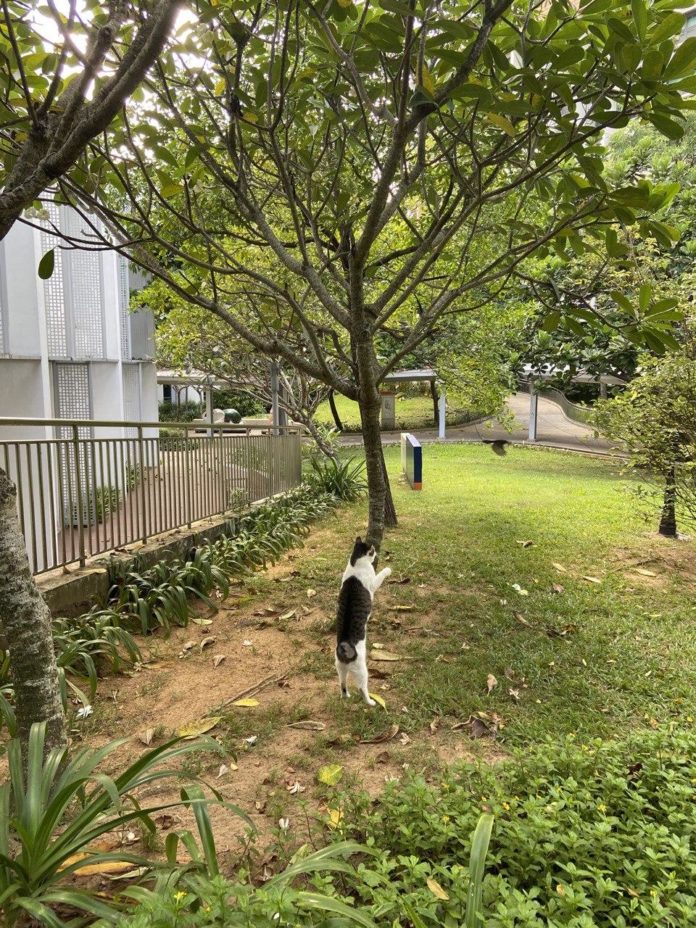Having completed my 3-month stint at NUS for the Singapore University Student Exchange Programme (SUSEP), I figured it’s time for me to reflect on my journey thus far and look back on the amazing time I had there. Due to COVID, my exchange to Lehigh University in the USA was cancelled, and I applied to SUSEP instead. In hindsight, this might have been a blessing in disguise. If there are any juniors out there reading this and have a chance to go for SUSEP, I would highly recommend you give it a shot. Read on to find out more!
The application process for SUSEP is pretty simple, but I suggest you take a look at the official documentation to get a better idea of the entire process. From what I remember, you had to research the modules that you wanted to take and map over from NUS, fill up an application form on MyPortal, and there was an interview that one had to clear. NUS has pretty much the largest number of modules to choose from, as compared to alternatives like NTU and SMU, so if you’re applying as an ISTD, ESD, or EPD student, you should be alright.
Getting the modules you want can be quite the hassle. You had to go through module bidding, or what they call ModReg @ EduRec. For exchange students, you only get one window (Round 1) to apply for your modules, and that’s after the local NUS students get their first round of bidding first (Round 0). That means that vacancies will be low, and expect not to get some of your modules on the first try. Also, try to apply only to modules where you have the prerequisites since they are quite strict about that. “But only one window, you said!” Indeed, if you don’t get 20 MCs worth of modules on your first round, your only option thereafter is to appeal for modules during the appeal window. Prepare some evidence of why you fulfil prerequisites, email some professors, and hopefully, you’ll be lucky enough to secure the rest of your modules. I personally had to appeal for 2 modules, and people drop modules all the time, so it can be done!
Thereafter, you had to pay the administrative fees and get your NUS pass done. I personally thought that having my own NUS student card was really cool :). Set up your Outlook email and LumiNUS account, and if COVID is still around and classes are still online, look out for the Zoom links that the professors will post on the announcement boards for the online lectures. Stay tuned for my next blog post on my experience at NUS, and what I did outside of class to make my experience there super worthwhile!

































